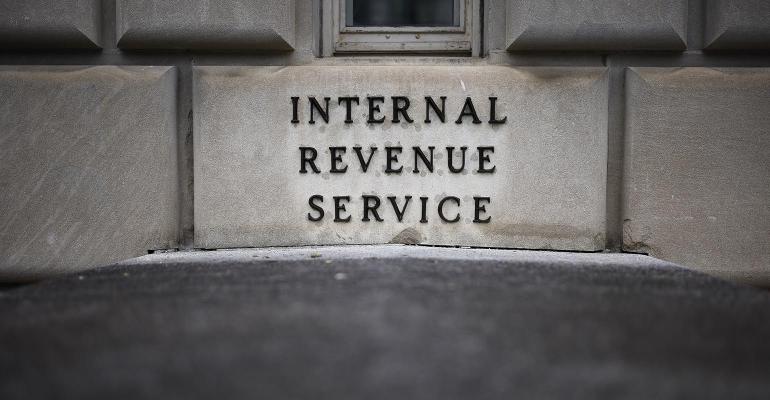The Internal Revenue Service has released an update on its enforcement efforts, announcing that it has collected over $1 billion in past-due taxes from millionaires, with payments from over 1,200 individuals, over the past year. The ongoing initiatives are funded by the Biden-era Inflation Reduction Act, aiming to increase tax debt collection from some of the wealthiest Americans.
As part of larger efforts, 1,600 individuals whose incomes were more than $1 million per year and who each owed the IRS more than $250,000 in recognized tax debt were targeted.
According to IRS Commissioner Danny Werfel, these efforts have only been made possible by the tens of billions of dollars in funding provided by the legislation, as the agency previously didn’t have the staffing or resources to pursue these high-net-worth taxpayers despite being aware that they owe taxes. “The collection results achieved in less than a year reveal the magnitude of what can be achieved over the long run as our Inflation Reduction enforcement continues to ramp up in the months ahead,” Werfel added in the recent IRS news release.
Closing the Gap
In addition to ramping up auditing of individual wealthy taxpayers, the agency is also focused on corporations and complex business partnerships, particularly those that manipulate the Tax Code. Just last month, it announced another initiative that could bring an estimated $50 billion over the next 10 years by closing a tax loophole used by some business partnerships to avoid paying taxes owed. These efforts are focused on targeting a practice known as “basis-shifting transactions,” also known as “covered transactions,” which have no substantial purpose other than moving money from one property to another to maximize tax deductions and minimize tax liability.
The IRS issued new guidance and regulations to aid with this effort, including Revenue Ruling 2024-14, which “will support the IRS’ position in current and future audits and litigation that many of these transactions violate the codified economic substance doctrine because the transaction creates no meaningful change to the economics of the parties as compared to the tax benefit or has no substantial business purpose,” and proposed regulations “that would require taxpayers and their material advisers to report if they and their clients are participating in these abusive partnership-basis-shifting transactions.” Certain aspects of the guidance could apply retroactively and may affect transactions that occurred in prior years.
In a statement announcing the new guidance, the Treasury estimates a $160 billion gap between what the top 1% of earners likely owe in taxes and what they pay.
Also on its priority list are the wealthy elite flying private. The IRS is stepping up audits of corporate jet usage, aiming to crack down on personal trips written off as a business tax deduction (the Tax Code only allows deductions for business use).
Touting Success
With the presidential election fast approaching, the agency appears motivated to prove that the Democrat-backed funding efforts are paying off; back in February, it released a report that indicated that the agency could increase revenue by as much as $561 billion over the next 10 years in large part thanks to the money made available to hire more staff and improve the agency’s archaic technology systems (for example, by using artificial intelligence to identify taxpayers who aren’t paying their tax bills).





